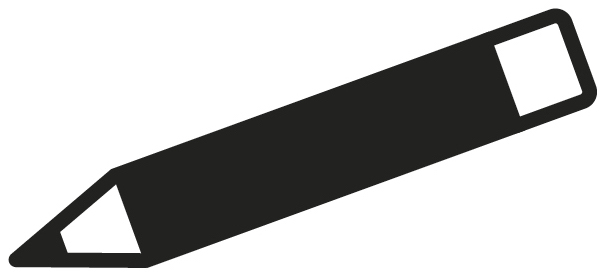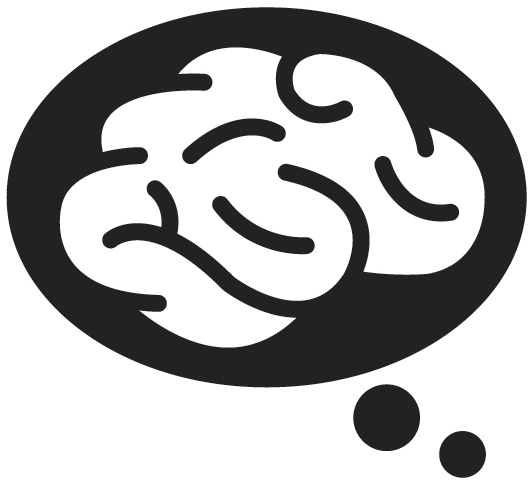




All of the exercises in this book are designed to help you gain insight into the way you process information. For you to get the most out of them, it’s important that you go with your first instinct when answering rather than trying to figure out the “right” answer. There are no right or wrong answers—just insight into how you think.
Job Hopping

1 Imagine you quit your job to take a position at a new company.
The job turns out great! You love your coworkers, feel fulfilled in your position, and within a year you get a promotion.

2 Imagine you quit your job to take a position at a new company.
The new job turns out to be a disaster. You are miserable at the company and within a year you have been laid off.


I’m guessing your gut told you that in the first case the decision to quit your job was good and in the second case the decision was bad. Doesn’t it feel like if the job works out great it must have been a great decision to quit your old job? And if it doesn’t work out, it must have been a bad decision?
The thing is, in neither case did I give you any meaningful information about the process used to arrive at the decision. I gave you only two pieces of information: (1) a bare-bones (and identical) description of what went into the decision and (2) how the decision turned out.
Even though you don’t have any detail about the decision process, when I tell you how things turned out, it feels like you really know something about whether the decision was good or bad.
And this feeling that the result of the decision tells you something significant about the quality of the decision process is so powerful that even when the description of the decision is identical (you quit your job and take a new position), your view of that decision changes as the quality of the result changes.
You can spot this phenomenon across all sorts of domains.
You buy a stock. It quadruples in price. It feels like a great decision. You buy a stock. It goes to zero. It feels like a terrible decision.
You spend six months trying to land a new client/customer. They become your biggest account. It feels like a great use of your time and a great decision. You spend that same six months trying to land the client and you never close the deal. It feels like a waste of time and a terrible decision.
You buy a house. When you sell in five years you get 50% more than you paid for it. Great decision! You buy a house. When you sell in five years the house is underwater. Terrible decision!
You start doing CrossFit and after the first two months you have lost weight and gained muscle mass. Great decision! But if you dislocate your shoulder within the first two days, it feels like a terrible decision.
In every domain, the outcome tail is wagging the decision dog.
There’s a name for this: Resulting .
When people result , they look at whether the result was good or bad to figure out if the decision was good or bad. (Psychologists call this “outcome bias,” but I prefer the more intuitive term “resulting.”) We take this resulting shortcut because we can’t clearly “see” whether the decision was good or bad, especially after the fact, but we can clearly see if the outcome was good or bad.
Resulting is a way to simplify complex assessments of decision quality.
The problem? Simple isn’t always better.
Decision quality and outcome quality are, of course, correlated. But not perfectly, at least not in most decisions we make, and certainly not when we have only one try at the decision. The relationship between the two can take a long time to play out.
In a single instance (I quit my job and it turned out horribly), it’s hard to say if a bad outcome (or a good one) was because of the quality of the decision. Sometimes we make good decisions and they turn out well. Sometimes we make good decisions and they turn out poorly.
You can run a red light and get through the intersection unscathed. You can go through a green light and get in an accident. This means that working backward from the quality of a single outcome to figure out whether a decision was good or bad is going to lead to some poor conclusions.
Resulting can make you think that running red lights is a good idea.
A necessary part of becoming a better decision-maker is learning from experience. Experience contains the lessons for improving future decisions. Resulting causes you to learn the wrong lessons.